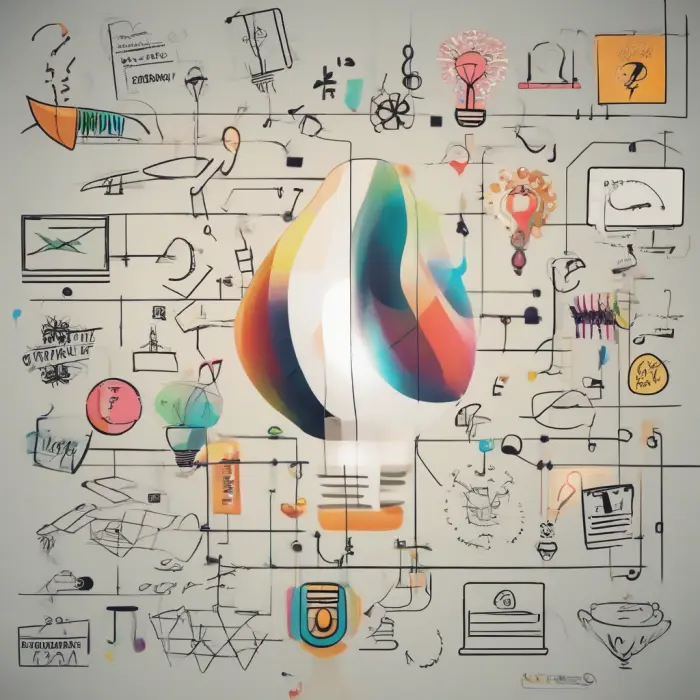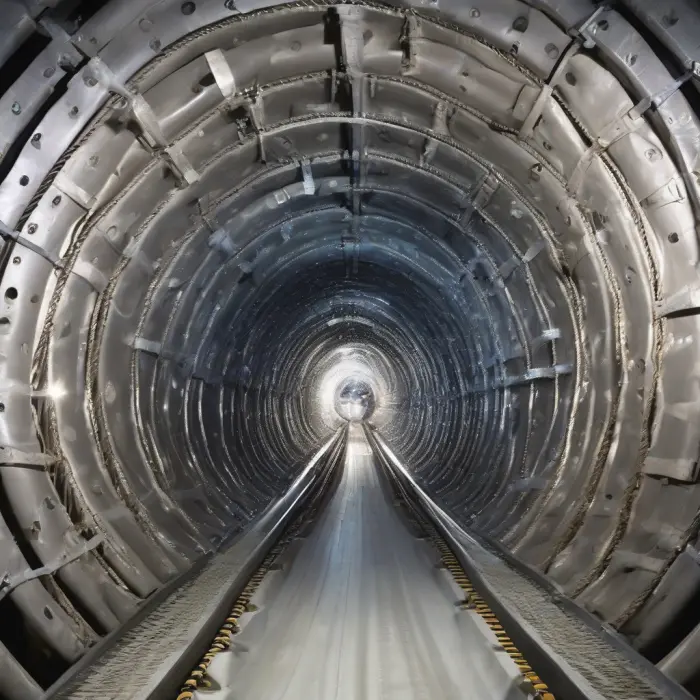Strange and Surprising Facts About the World of Quantum Computing
You might think you know a lot about computers, but the universe of quantum computing takes a whole other level of understanding. This complex field dives into the world of quantum physics to provide computing power that's exponentially greater than what we see today. However, quantum computing doesn't just stand out due to its impressive capabilities. This industry is filled with oddities that make it unlike anything else in the world of technology. Let's explore some of the strange and surprising facts about quantum computing.
Colder than Outer Space
Did you know that quantum computers need to be colder than the vacuum of outer space to operate? Similar to how your laptop might overheat if you use it too much, quantum computers also generate a lot of heat. But in contrast to your laptop, quantum computers have to be kept at temperatures near absolute zero, which is colder than the depths of outer space, to maintain their quantum state. This extreme cold reduces the chances of quantum bits, or qubits, falling out of their intended state due to external heat noise.
Superpositioning: A Qubit Can Be Both 0 and 1
Quantum computing performs tasks using quantum bits, also known as qubits. Unlike bits in classical computing, which can be either 0 or 1, qubits could be both 0 and 1 at the same time due to a quantum quirk called superposition. This gives quantum computers their exponential processing power, allowing them to perform multiple calculations simultaneously. However, the true state of the qubit (whether it's a 0 or a 1) cannot be known until it's observed.
Quantum Entanglement
Another strange phenomenon in quantum computing is entanglement. Quantum entanglement allows particles to become interconnected, and the state of one can instantly influence the state of the other, regardless of the distance separating them. Even Albert Einstein referred to it as "spooky action at a distance." In the realm of quantum computing, this means we can link qubits in a superposition state and thereby dramatically increase computing power.
Fragile Qubits
Quantum computers are incredibly sensitive. This sensitivity is due to the fragility of qubits. Anything - even something as small as a change in temperature or electromagnetic radiation - can knock the qubits out of their quantum state. This characteristic is known as decoherence and poses one of the biggest challenges in the field of quantum computing. The issue of rapid decoherence fuels the need for creating error-correcting codes for quantum computing.
The Quantum Advantage
Quantum computing stands to revolutionize many industries. Forward-thinking organizations are already exploring quantum applications in various domains. Yet despite our advances in this field, it's important to note that large scale, error-free quantum computers still don't exist. This concept of quantum computers outperforming classical ones is often referred to as 'Quantum Supremacy' or 'Quantum Advantage’.
Quantum computing is a realm filled with fascinating and strange concepts. It's an area where science often sounds more like science fiction, and the boundaries of what we believe to be possible are constantly pushed. This characteristic makes quantum computing not only a weird and wonderful aspect of technology but also highlights its potential to reshape our world.










